| বাংলায় পড়ুন | Researchers and Reporters: Shama Sultana Ayesha Maria |
Imagine a period in the future when heart rate, blood pressure, and even possible health concerns are tracked by wristwatches, alerting us to a variety of health-related problems. This is one of the benefits of the many wearable medical equipment, so it’s not science fiction.
Wearable technology in the healthcare industry refers to body-attached gadgets that gather health-related information about patients for analysis and research by doctors, prescribers, insurers, and other stakeholders. These gadgets, which include fitness trackers, smartwatches, glucose meters, biosensors, blood pressure monitors, and electrocardiogram (ECG) monitors, are frequently utilized in telehealth and remote patient monitoring services. They track and monitor vital signs including blood pressure, pulse rate, and glucose levels, which is a recurring theme.
Fitness trackers and blood pressure monitors are not the only wearable technology available today. The healthcare system is using it as a potent tool. In the past, routine testing frequently depended on data sent by patients, relatives, or partners, which may result in inconsistent diagnoses. However, these gadgets are particularly useful in chronic disorders, when even minor changes might reveal the severity of the condition. These gadgets provide rapid treatment recommendations and comprehensive remote monitoring due to their integrated health sensors.
Wearable Technology Advantages
Smartwatches and fitness trackers are examples of wearable technology that is becoming more and more significant in the healthcare industry. A large number of persons needed to seek medical care from distant physicians during the COVID-19 outbreak. People with chronic illnesses and the elderly have benefited most from these changes in access to healthcare.
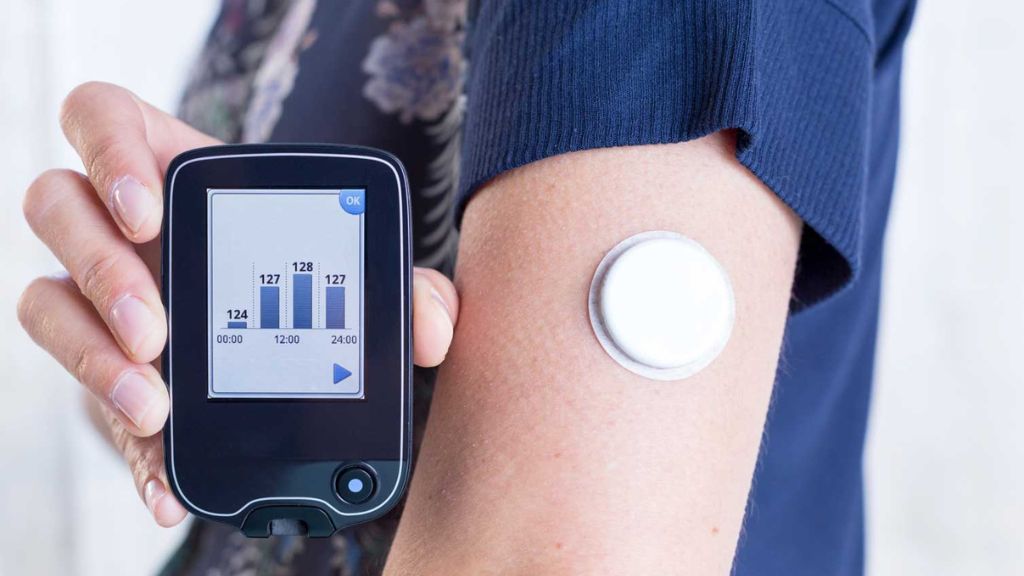
The benefits of managing personal health through wearable tech. | Photo Collected.
Wearable devices such as smartwatches and fitness trackers are now more advanced. Which can predict your heart rate, blood pressure, sleep pattern, and other health risks by monitoring several movements of your body. These devices can even remotely track health status improvements or current conditions. The Covid pandemic has accelerated the growth of this technology and its use is expected to become more widespread in the coming years.
Also with these wearable devices in the field of health care, it is possible to get benefits such as monitoring of health status, increasing access to data for health care purposes, early detection of all possible health problems, treatment of chronic diseases, personal health planning, cost reduction in health care, etc.
Top 5 Medical Wearable Technology
1. Blood pressure monitor
This gadget measures blood pressure. The two values that it displays will represent your heart’s systolic pressure (the pressure during a heartbeat) and diastolic pressure (the pressure during a rest period in between heartbeats). You can assist in identifying and managing possible health issues, such as high blood pressure, by using it to frequently check your blood pressure.
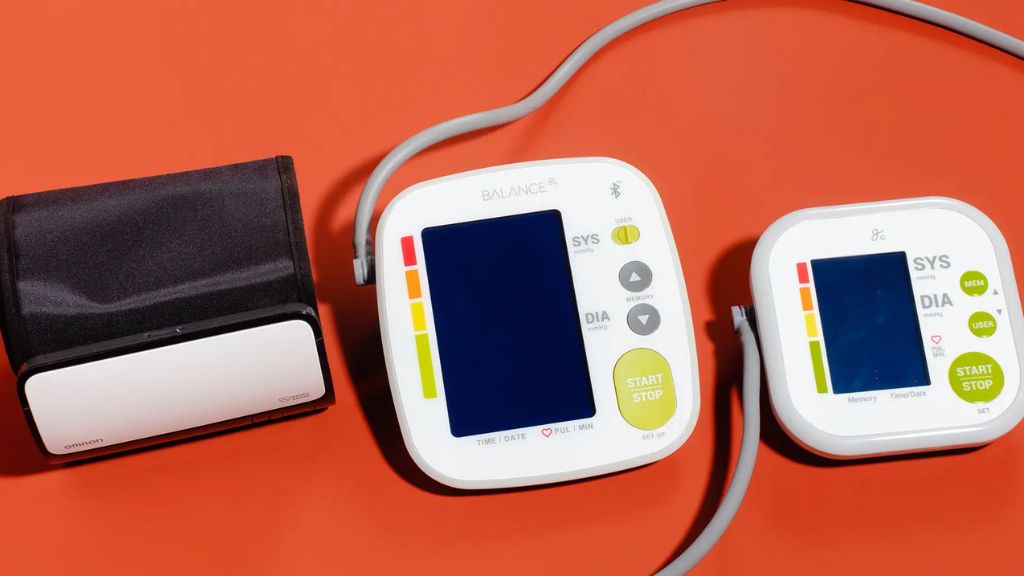
Wearable tech is making health monitoring easier with blood pressure monitors. | Photo Collected.
2. A glucose-tracking device
A wearable gadget called a glucose monitoring device continuously checks your blood sugar levels. Similar to a little sensor you can wear on your arm, it transmits data in real time to your smartphone.
If you have too high or too low blood sugar, this device can notify you. It is especially helpful for diabetics because it minimizes the need for numerous finger pricks and offers continuous monitoring.
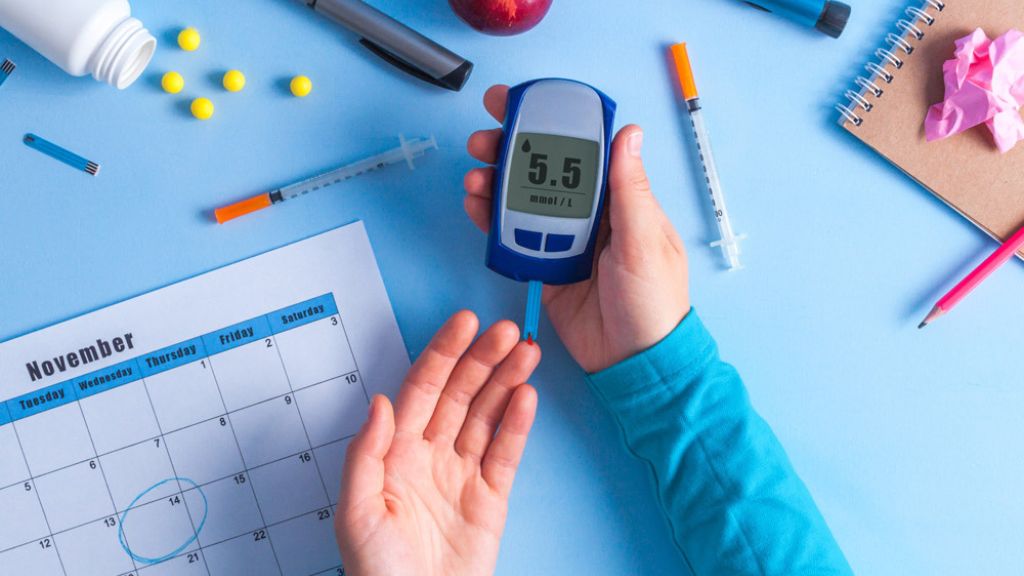
Wearable tech is aiding health management through glucose monitoring devices. | Photo Collected.
3. A wearable ECG monitor
A wearable ECG monitor is a gadget that tracks cardiac activity constantly while being worn on the body. These gadgets, like the Cardiomobile, can be used independently or in conjunction with smartwatches like the Apple Watch. Through heart rate monitoring, these devices can identify possible cardiac issues early on. Sharing recorded data with physicians for evaluation and diagnosis is simple for patients.
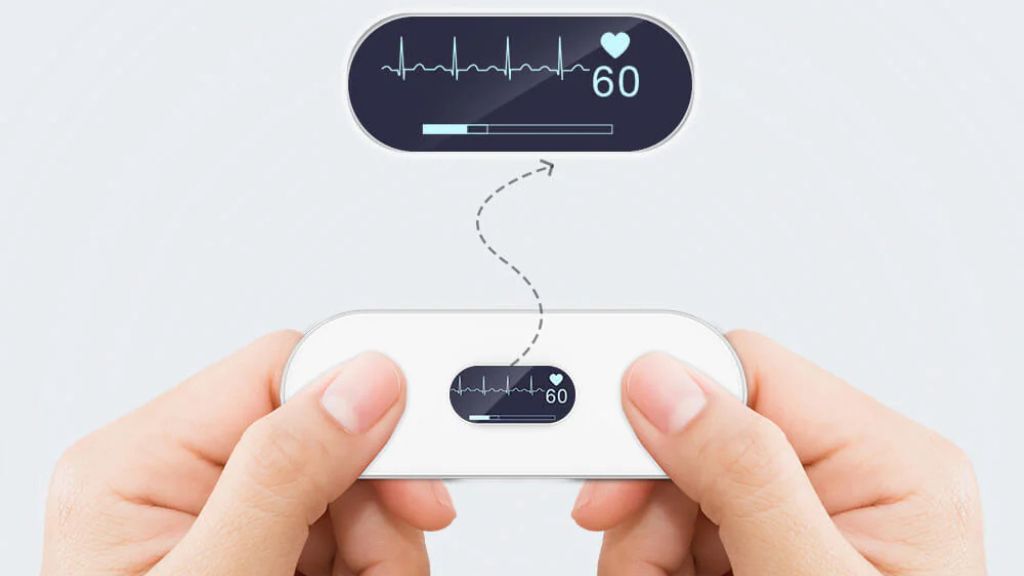
Monitoring heart health through wearable tech’s ECG monitor. | Photo Collected.
4. Fitness tracker
Fitness trackers are wearable gadgets that assist in tracking your level of physical activity. These use sensors to monitor your sleep patterns, steps, heart rate, and caloric expenditure. Wearing a fitness tracker allows you to receive real-time feedback on your health and exercise routine.
Numerous fitness trackers have the ability to connect with smartphone apps, providing extra functions like water resistance and GPS tracking. You may use these tools to create exercise goals, monitor your progress, and make well-informed lifestyle decisions.
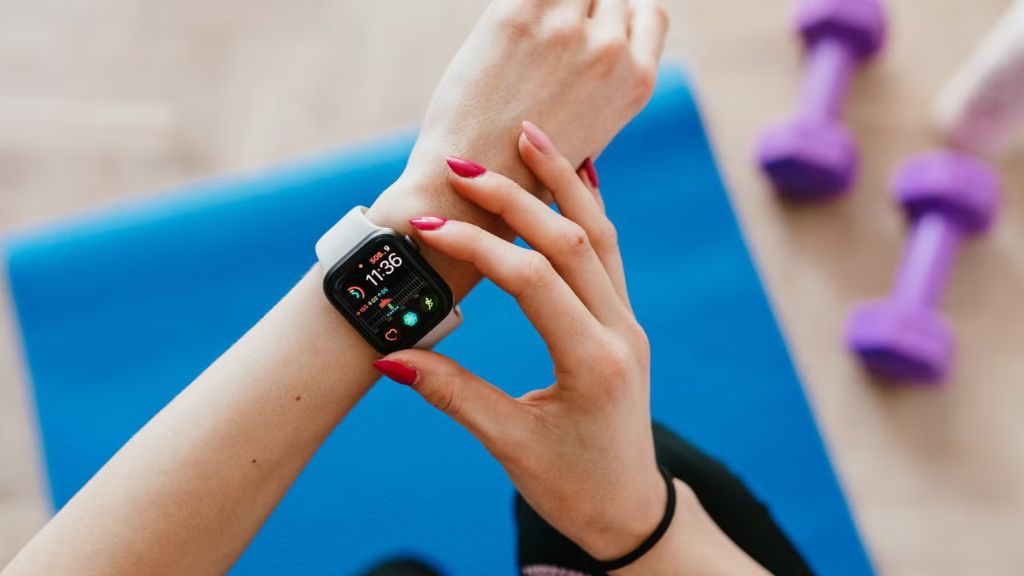
Improving physical health through wearable tech’s fitness tracker. | Photo Collected.
5. Integrated activewear
In the fitness sector, integrated sportswear is a recent trend that blends technology and style. These clothes include small sensors built into the fabric to track different health indicators and give immediate feedback.
A smart shirt, for instance, may monitor respiration and heart rate, and smart shoes can assess movement and foot pressure. Technology may be incorporated into apparel to help athletes and fitness enthusiasts perform better, avoid injuries, and enhance their general health.

Improving health through wearable tech’s integrated activewear. | Photo Collected.
These days, smart health watches, electronic skin patches, sweat and hydration sensors, monitoring for pregnant women and newborns, and smart contact lenses are also commonly utilized.
Anecdotal scenarios in healthcare that wearable technology can produce
These wearable gadgets support organic steps toward a healthy way of living. Despite the fact that these wearables are highly beneficial in the medical field, data privacy is now a big worry. because private health data is collected by these gadgets. Protecting this data is essential to avoiding misuse and illegal access.
The correctness of medical judgments may also be impacted by the variability in the precision and dependability of data gathered by wearable technology. These devices are now a little challenging to use, particularly for those with low incomes, because of their high cost. For the full potential of wearable technology in healthcare to be realized, these problems must be resolved.
In the future, these tools might be used to identify and stop major health issues early on. Wearable technology will develop into increasingly complex gadgets that have the potential to completely transform healthcare.

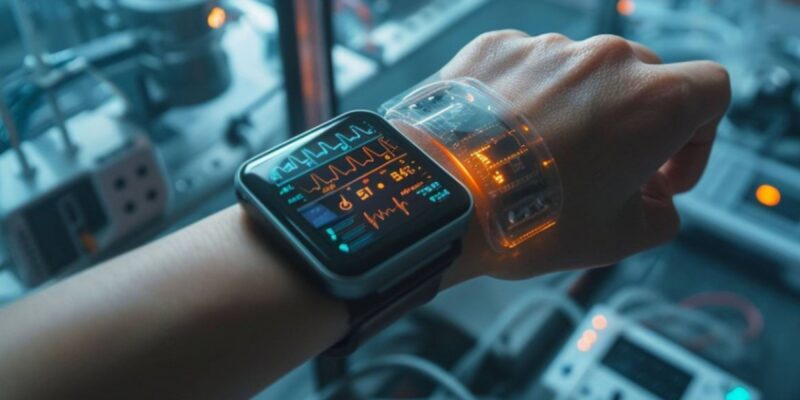
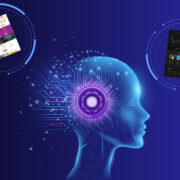


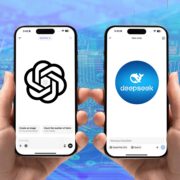
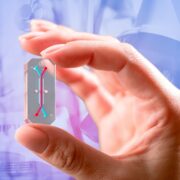
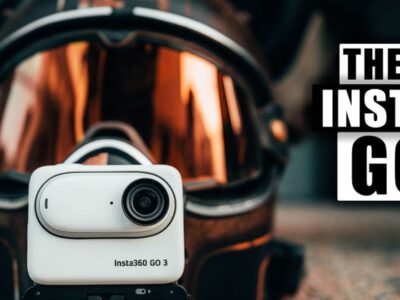
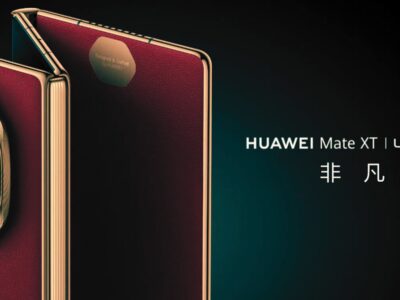

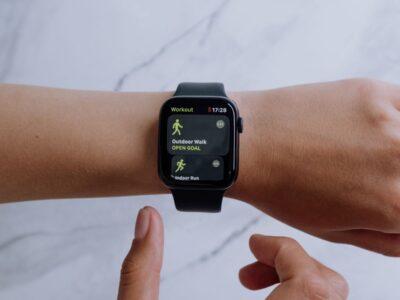
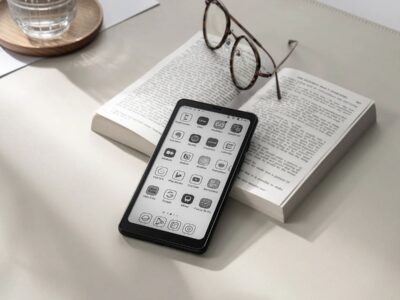

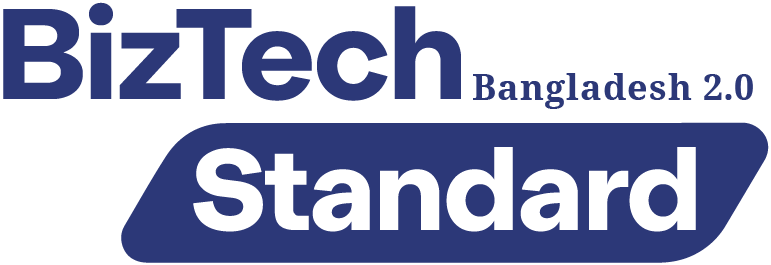
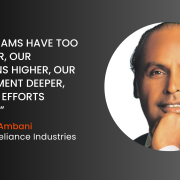













Comments